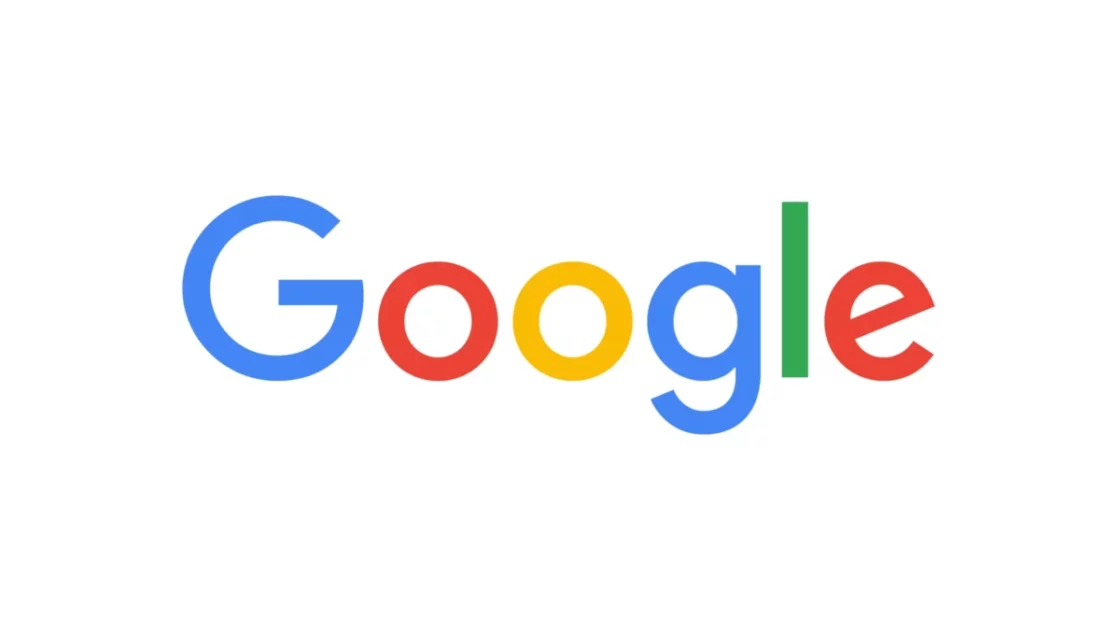Google has announced that it will no longer phase out third-party cookies in its Chrome browser, deviating from its previous 2025 deadline. This decision comes after years of back-and-forth and multiple delays surrounding the company’s efforts to phase out these tracking tools entirely.

Google initially planned to eliminate third-party cookies, which have been a staple for advertisers and marketers in tracking user behavior across websites. The intention was to enhance user privacy and address growing concerns about online tracking and data misuse.
This plan was part of a broader initiative known as the Privacy Sandbox, which aimed to develop new technologies that allow for personalized advertising without compromising user privacy.

Why the change?
The decision to retain third-party cookies stems from a combination of industry pushback and regulatory scrutiny. Advertisers have been particularly vocal about the potential disruptions to online advertising models.
Additionally, the UK’s Competition and Markets Authority (CMA) has closely monitored Google’s moves, raising concerns about the competitive landscape of digital advertising.
User choice and privacy controls
Instead of a complete phase-out, Google now aims to provide users with more informed choices about cookie usage.
This will involve a new experience in Chrome that allows users to make decisions about the cookies they accept. Google’s focus will shift to enhancing transparency and giving users control over their data.
Privacy Sandbox and Incognito mode enhancements
Google will continue to develop its Privacy Sandbox APIs, which are designed to enable privacy-preserving alternatives to third-party cookies.
Additionally, Google plans to introduce more privacy controls within Chrome’s Incognito mode, ensuring that users have robust options for private browsing.
Regulatory engagement
Google’s new approach will involve ongoing discussions with regulators to ensure compliance and address concerns. The company aims to balance user privacy with the needs of the advertising industry, seeking solutions that are acceptable to all stakeholders.
What’s next?
Details about the new user experience and privacy controls will be revealed in the coming months. Google plans to work closely with regulators, industry partners, and the broader web community to refine its approach and ensure a smooth transition.
Read more: